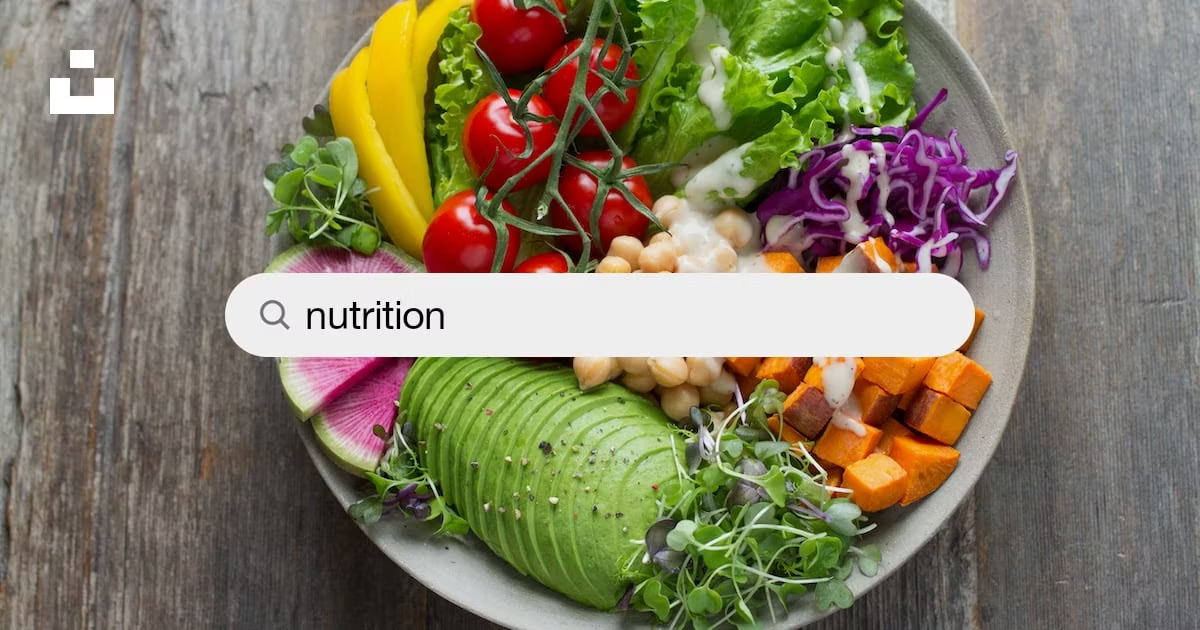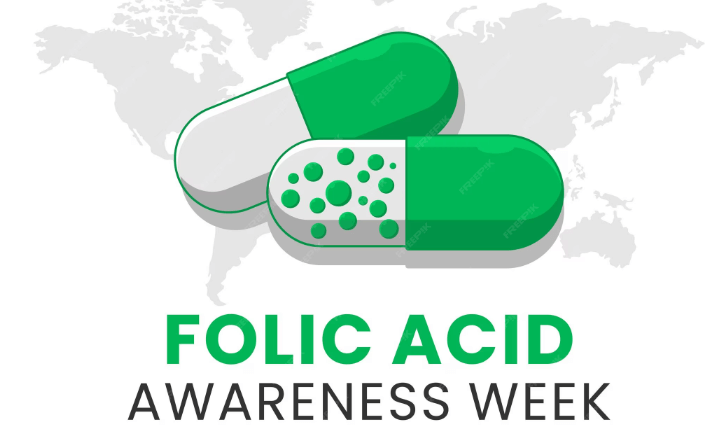Vitamin A and Pregnancy: What You Need to Know

Table of Contents
- The Importance of Vitamin A during Pregnancy
- Risks of Vitamin A Deficiency
- Recommended Daily Intake of Vitamin A during Pregnancy
- Sources of Vitamin A for Pregnant Women
- Potential Dangers of Excessive Vitamin A Intake during Pregnancy
The Importance of Vitamin A during Pregnancy
When you’re pregnant, your body needs a variety of essential nutrients to support the growth and development of your baby. One of these crucial nutrients is vitamin A. It plays a vital role in various aspects of your baby’s development, making it essential for a healthy pregnancy. Here’s why vitamin A is so important and how you can ensure you’re getting enough of it during this critical time.
- Embryonic Development: Vitamin A is vital for the development of your baby’s organs, including the heart, lungs, kidneys, and eyes. It helps to ensure that these organs are formed correctly and function properly.
- Immune System: Vitamin A plays a significant role in supporting your baby’s immune system development. It helps to strengthen your baby’s natural defense mechanisms, which can protect against infections and diseases.
- Vision: Adequate vitamin A intake during pregnancy is crucial for your baby’s eyesight. It contributes to the formation of the retina, which is essential for clear vision.
- Maintaining Your Health: While supporting your baby’s growth, vitamin A also plays a role in maintaining your own health during pregnancy. It helps to regulate your immune system, promotes normal cell growth and development, and supports healthy skin and mucous membranes.
While vitamin A is essential, it’s important to note that excessive amounts can be harmful, as it’s a fat-soluble vitamin that can accumulate in the body. It is recommended to obtain vitamin A through its precursor, beta-carotene, found in fruits and vegetables.
The recommended daily intake of vitamin A during pregnancy is 770 micrograms (mcg) for women aged 19 years and older. Good food sources of vitamin A include carrots, sweet potatoes, spinach, kale, winter squash, and apricots. However, it is advisable to consult with your healthcare provider before taking any supplements or drastically changing your diet.
In conclusion, vitamin A is a crucial nutrient during pregnancy, supporting your baby’s growth, immune system, vision, and your overall health. By consuming a balanced diet rich in fruits and vegetables, you can ensure you’re meeting your body’s vitamin A needs without any risks. Remember, when it comes to nutrients, moderation is key, so always consult your healthcare provider for personalized recommendations.
Risks of Vitamin A Deficiency
Vitamin A is an essential nutrient that plays a crucial role during pregnancy. However, a deficiency in this vital vitamin can lead to several potential risks and complications. Here are some of the potential consequences of vitamin A deficiency in pregnancy:
- Increased risk of maternal infections: Vitamin A deficiency can weaken the immune system, making pregnant women more susceptible to infections. This can include respiratory infections, urinary tract infections, and even severe complications like pneumonia.
- Higher vulnerability to night blindness: Vitamin A deficiency is one of the leading causes of night blindness. Pregnant women who lack sufficient vitamin A may experience difficulty seeing in dim light, which can pose risks to their safety and daily activities.
- Impaired fetal growth and development: Vitamin A is crucial for the proper growth and development of the fetus. Insufficient levels of vitamin A during pregnancy can hinder the growth of the baby, leading to low birth weight and potential developmental issues.
- Increased risk of preterm birth: Vitamin A deficiency has been associated with an increased likelihood of preterm labor. Premature babies may face various health challenges and require specialized medical care.
- Higher maternal mortality rate: In severe cases, vitamin A deficiency can increase the risk of maternal mortality. The weakened immune system and susceptibility to infections can lead to life-threatening complications for expectant mothers.
While these risks highlight the importance of adequate vitamin A intake during pregnancy, it is essential to maintain a proper balance. Excessive vitamin A intake, especially in the form of supplements or medications, can have adverse effects on pregnancy. Therefore, it is crucial to consult with healthcare professionals for appropriate guidance on vitamin A supplementation tailored to individual needs.
Remember, a healthy and varied diet is often the best way to ensure adequate vitamin A intake. Incorporating foods rich in vitamin A, such as leafy greens, orange fruits and vegetables, eggs, and dairy products, can help prevent deficiencies and promote a healthy pregnancy.
Recommended Daily Intake of Vitamin A during Pregnancy:
Pregnancy is a crucial time for a woman’s health, and ensuring proper nutrition is essential for the well-being of both the mother and the growing baby. Among the important nutrients needed during pregnancy, Vitamin A plays a vital role in supporting fetal development, maintaining healthy skin, and supporting the immune system. However, it’s important to be cautious about the amount of Vitamin A consumed, as excessive intake can have adverse effects on the developing baby.
The recommended daily intake of Vitamin A during pregnancy varies according to individuals and is determined in micrograms (mcg) of retinol activity equivalents (RAE). The general guidelines recommend 770 mcg RAE per day for adult women, including pregnant women. Below are some key points to consider regarding Vitamin A intake during pregnancy:
- Preformed Vitamin A: This type of Vitamin A is found in animal-based food sources like liver, fish, and dairy products. During pregnancy, it is advised to limit the intake of high amounts of preformed Vitamin A, as excessive amounts can potentially harm the baby. Generally, it is recommended to consume no more than 3,000 mcg RAE per day from preformed Vitamin A sources.
- Beta-Carotene: Beta-carotene is a plant-based precursor of Vitamin A found in fruits and vegetables with orange or yellow color, like carrots, sweet potatoes, and apricots. Unlike preformed Vitamin A, beta-carotene does not pose a risk of toxicity, and it gets converted by the body into Vitamin A as needed. Therefore, consuming a variety of colorful fruits and vegetables can help meet the recommended daily intake.
- Dietary Supplements: Pregnant women often wonder if they need additional Vitamin A supplementation. It is best to consult a healthcare provider before taking any supplements, as excessive Vitamin A intake from supplements can be harmful. Prenatal supplements usually contain the recommended amount of Vitamin A suitable for pregnant women, but it is important not to take additional supplements without medical advice.
In conclusion, Vitamin A is an important nutrient during pregnancy, but it should be consumed in moderation. By maintaining a balanced diet that includes a variety of fruits, vegetables, and moderate amounts of animal-based foods, pregnant women can meet the recommended daily intake without exceeding safe levels. If there are concerns or specific dietary requirements, it is advisable to consult a healthcare provider for personalized guidance.
Sources of Vitamin A for Pregnant Women
During pregnancy, it is crucial for women to maintain a healthy diet that includes essential nutrients, such as vitamin A. Vitamin A plays a vital role in promoting the growth and development of both the mother and the baby. It supports the immune system, aids in vision development, and promotes healthy skin and tissues. Here are some excellent sources of vitamin A for pregnant women:
- Leafy green vegetables: Spinach, kale, and collard greens are rich in beta-carotene, which the body converts into vitamin A.
- Orange and yellow fruits: Mangoes, apricots, and oranges contain high levels of beta-carotene, providing a natural source of vitamin A.
- Fortified dairy products: Milk, cheese, and yogurt fortified with vitamin A are beneficial for both the mother and the baby.
- Eggs: The yolk of an egg is a good source of vitamin A. Make sure the eggs are cooked thoroughly to eliminate any risk of salmonella.
- Fish: Fatty fish like salmon and trout are high in vitamin A. However, it is essential to consume fish in moderation during pregnancy due to potential mercury content.
- Liver: Liver, such as beef or chicken liver, is exceptionally rich in vitamin A. However, it is important to limit consumption of liver during pregnancy due to its high levels of retinol, which can be harmful in excessive amounts.
It is important to note that excessive vitamin A intake, primarily in the form of retinol found in animal sources, can lead to toxicity and may harm the developing baby. Therefore, it is recommended for pregnant women to get their vitamin A from plant-based sources, such as fruits and vegetables rich in beta-carotene. However, before making any significant changes to your diet during pregnancy, it is always advisable to consult a healthcare professional or a registered dietitian to ensure you are meeting your individual nutritional needs.
Potential Dangers of Excessive Vitamin A Intake during Pregnancy
When it comes to maintaining a healthy pregnancy, proper nutrition is crucial. While vitamin A is an essential nutrient for both you and your baby’s development, excessive intake of this vitamin can pose potential dangers for pregnant women. It’s important to understand the risks associated with overdosing on vitamin A to ensure your pregnancy remains safe and healthy.
Here are the potential dangers of excessive vitamin A intake during pregnancy:
- Birth Defects: Consuming high levels of vitamin A during pregnancy, especially in the form of retinol or retinoids, can increase the risk of birth defects. This is particularly true in the first trimester when the baby’s organs are rapidly developing. Birth defects that have been linked to excessive vitamin A intake include malformations of the heart, lungs, and central nervous system.
- Liver Toxicity: Taking large amounts of vitamin A, especially in supplement form, can lead to liver toxicity. The liver processes and stores vitamin A, and when it gets overwhelmed with excessive amounts, it can cause liver damage. Pregnant women already have an increased strain on their liver due to hormonal changes, so adding excessive vitamin A intake can further burden this vital organ.
- Increased Risk of Osteoporosis: High levels of vitamin A during pregnancy have been associated with an increased risk of osteoporosis, a condition characterized by weak and brittle bones. Excessive vitamin A intake can interfere with the balance of other essential nutrients like vitamin D and calcium, which are crucial for maintaining healthy bone density.
- Complications during Pregnancy: Excessive vitamin A intake may lead to complications during pregnancy. Studies have suggested a potential link between high levels of vitamin A and an increased risk of preeclampsia, a condition characterized by high blood pressure and damage to organs such as the liver and kidneys. Additionally, it can also increase the risk of miscarriage.
It is important to note that not all forms of vitamin A are harmful during pregnancy. Beta-carotene, found in vegetables and fruits, is converted to vitamin A as needed by the body, making it a safer alternative to retinol or retinoid supplementation. However, it is still advisable to consult with your healthcare provider regarding your vitamin A intake during pregnancy to ensure you are meeting the necessary dietary requirements while avoiding excess.
In conclusion, while vitamin A is crucial for a healthy pregnancy, excessive intake can pose potential dangers. Be mindful of your vitamin A sources, especially retinol and retinoids, and consult your healthcare provider for guidance on maintaining a balanced intake to protect both your health and the well-being of your baby.


























